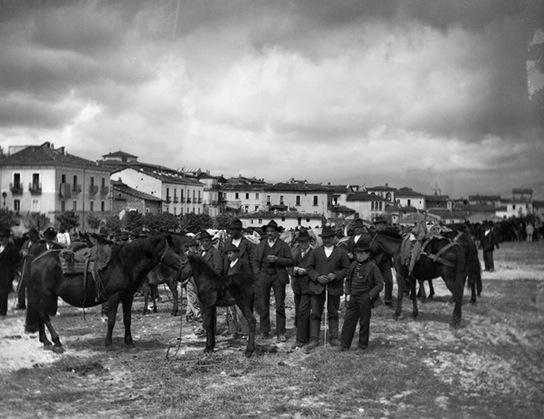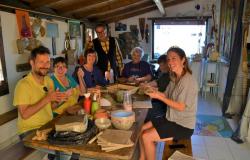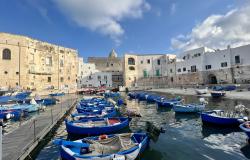words by Barry Lillie
photo courtesy of ashbyelabruzzo.com
On Friday, September 28, during a ceremony to be hosted in the impressive Basilica of Collemaggio and attended by the English ambassador Sir Christopher Prentice, a signing of a protocol of donation shall take place to celebrate the gift of an historic photographic collection to the city of L'Aquila by the British School at Rome.
The photographic archive by the English archaeologist, anthropologist and former director of the British Academy in Rome, Thomas Ashby has spent many months touring under the collective name ‘Ashby e L'Abruzzo’. The tour has visited many towns and cities including Sulmona, Chieti and Pescara, and is currently on display until September 30th in Teramo before taking up permanent residence in L’Aquila. The collection of newly digitised photographs offer an intriguing look at a lifestyle forever lost.
Ashby’s photographs, taken between 1901 and 1923 during his six visits to the Abruzzo region, are a reflection his interest in the traditional folk culture of Italy. He devoted many years observing the rituals and festivals in many Italian towns, building up an extensive library of notes and photographs. It wasn’t uncommon for him to stop parish priests to gather information about the town and its residents.
Ashby had a keen sense of capturing the moment, and realising history is a transient thing and too soon forgotten, he devoted his life to recording it on camera. The collection could be said to depict real life: the world of farmers and markets, of local people and traditional customs. It’s a valuable collection of intimate portraits set against the medieval backdrop of the villages and towns around L’Aquila; the capital of Abruzzo.
Acclaimed Italian anthropologist, Franco La Cecla said, “Thomas Ashby is our memory,” he also pointed out that many of the people captured in these images are looking directly at the camera. Maybe, as Ashby was documenting their daily lives, they in turn were studying this man who was distinctly foreign to them, and by doing so unknowingly created a fascinating awareness of the anthropological process itself.
Following the earthquake in April 2009, visitors to the exhibition have felt thephotographs are a poignant reminder of how L’Aquila once was. The collection will be exhibited in one of the new spaces being built and dedicated to art and culture.
More information about the collection can be found at the British School at Rome’s website.









